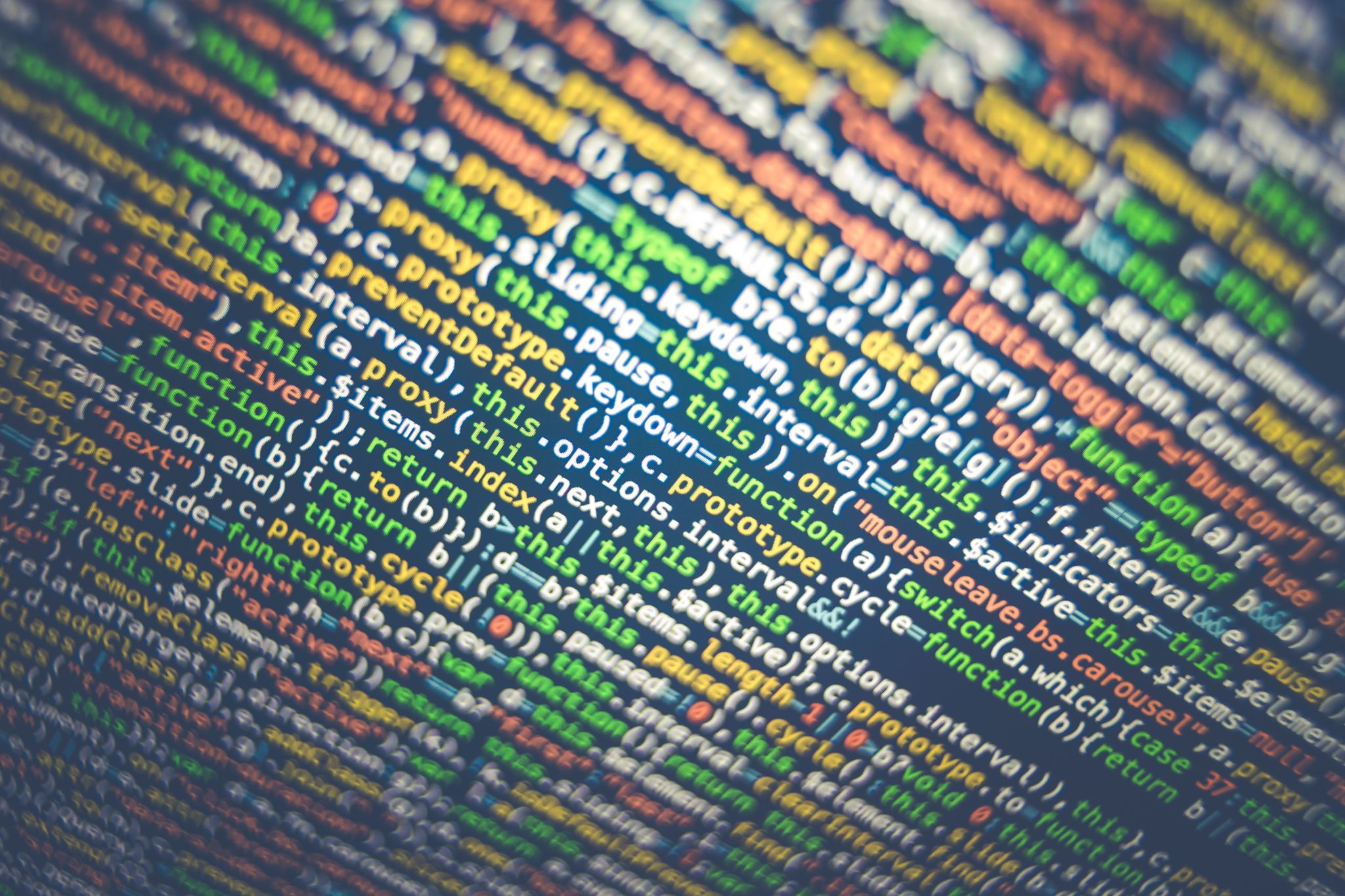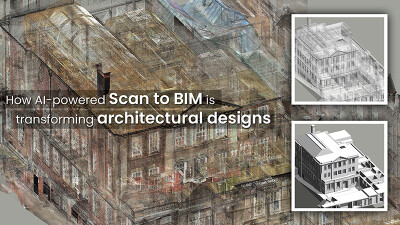If there is one type of tech that has been hyped in almost every tech vertical it is artificial intelligence (AI). The potential for once laborious processes to be taken over by computations that take fractions of seconds to complete is tantalizing – and its potential has been the discussion of many tech conference sessions and panels in the last two years. While we are still a ways away from truly automated processing of complex data, several new platforms have recently launched that aim to use AI in their point cloud professing to speed up and enhance point cloud processing and object classification, with more being developed in the wings.
Supper & Supper Launches Pointly for “Next Level” 3D Point Cloud Classification
Supper & Supper, a Berlin-based service data science service provider, has recently launched its cloud-based software called Pointly. The solution enables an accelerated manual classification of data points within point clouds using innovative artificial intelligence techniques.
Pointly’s approach is to use AI to create groups of similar objects from point clouds, and then the user can simply refine from there, rather than starting from zero in a manual classification process. Pointly enables the user to select swathes of ground with one click and small objects like street signs with the next, all while seeing the point clouds in their full resolution without compression. Backed by Azure Cloud Computing and paired with advanced 3D visualization, the software can display huge point clouds with fast, quick zooming and changing of detail levels.
Pointly can be used with lidar, photogrammetric or otherwise generated point clouds in .las/.laz format and enables the users to manage and structure them. The data can be organized by feature classes, categorizations, lists and tags to make it valuable for further processing.
Pointly’s users can choose between a free and a Professional Account. A professional account allows you to upload large point clouds and export classified results, and is priced based on usage, with some additional discounts available for education and research.
Enview Explore Brings its AI Software to All
This month, 3D geospatial data company Enview has debuted a web application that leverages AI and cloud computing to automatically process 3D data at “unprecedented speed and scale” compared to more manual processing workflows. Three-dimensional unstructured data, such as LiDAR, contains incredible detail but is painfully slow to analyze manually. Enview Explore solves this problem by combining its novel AI with the power of cloud computing to automate 3D classification and segmentation, giving users scalability that can support city or even country-scale datasets.
While other traditional lidar processing software (e.g., those relying on cloud-based processing) have been getting more powerful, Enview Explore utilizes a new and innovative approach that applies AI to 3D data, yielding significantly faster results than traditional LiDAR software. San Gunawardana, Ph.D., co-founder and CEO of Enview asserts that their goal is to get actionable data to users as quickly as possible.
“We are solving one of the hardest problems in machine perception, and applying it to some of the most grounded and impactful challenges facing society. It is our goal to empower people with the confidence to perceive and navigate a rapidly changing world; Enview Explore is the natural next step in this journey and our team is excited to place this groundbreaking capability directly into the hands of operational end-users.”
The future of AI and reality capture
We’re already seeing companies like Bentley Systems incorporate machine learning and automation into parts of their workflows, and we’re also seeing the lidar companies themselves, like Kaarta, take their cloud processing to the next level through advanced algorithms designed to speed up processing. With the addition of new software processing players that are agnostic to sensors, this could mean that that there will be more ways to choose a “size” of processing that fits a particular job.
While we will see AI slip into existing software in more places in scanning workflows, we’ll also see new solutions like Enview and Pointly continue to crop up. As we are moving to democratizing the hardware, so, too, will these stand-alone solutions provide an option for the small to medium sized users that might be left out from other more all-inclusive software and hardware bundles.






